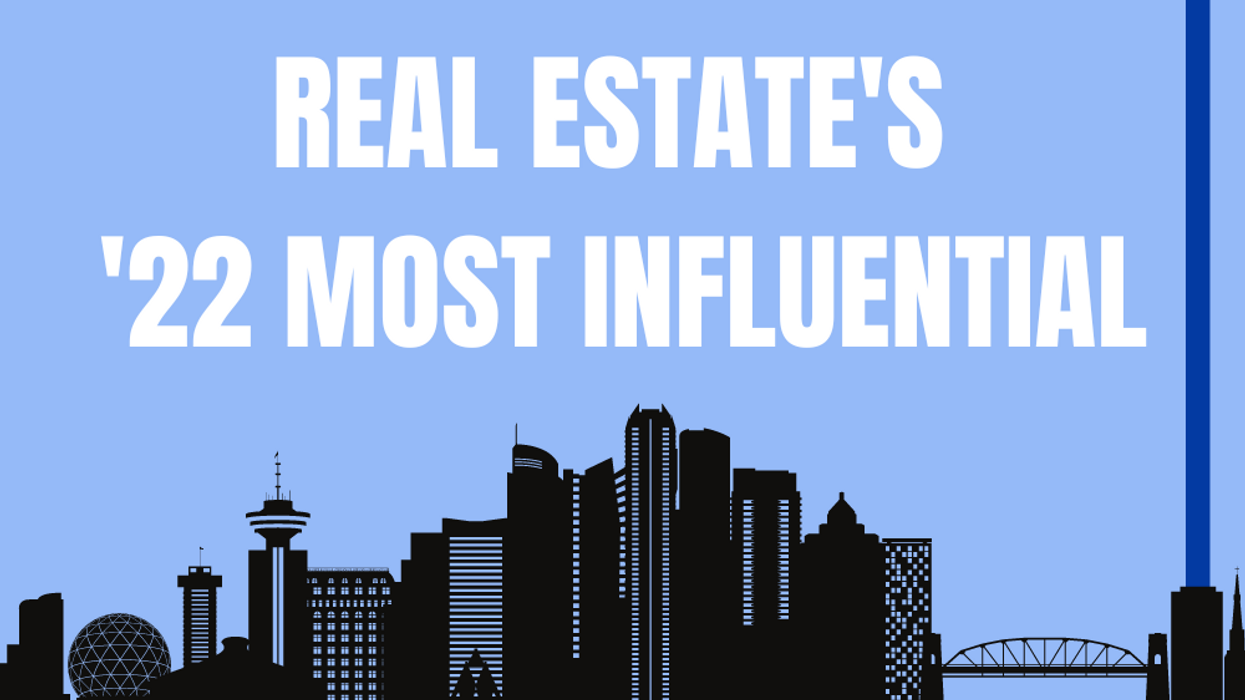Power is a lot less interesting than influence these days, and although deep pockets can certainly guide the direction a city grows, they’re not everything.
Influencers are making their mark, and they can take many forms.
It might be that they have money, and therefore a measure of power, or they know how to work a room and win people over. It might just be their time, their moment of convergence when all eyes are on them, pushing them to step up and lead the way and show us how it’s done.
An influential person or group might have the wisdom and grace to show us how we’ve lost our way, or they may be someone who’s new to the scene and has a hot take on a dire situation.
Whatever form they take, they’re worth paying attention to; they’re the ones getting things done, stirring stuff up and – like it or not – they’re just getting started.
As the country’s leading real estate news site, we’ve had our ears to the ground and our eyes on the prize all year long, discerning who has significant sway in the real estate industry and who’s just blowing in the wind.
So, without further ado, and in no particular order, here are the 22 most influential individuals, organizations, and associations in BC real estate in 2022. (
Find Ontario's Most Influential here.)
Andy Yan | The Visionary

Program Director of SFU’s City Program, urban planner
Everybody turns to him for housing issue answers.
Andy Yan is a data nerd and visionary known for turning out housing statistics that are both alarming and totally not surprising at all. BCers seek Yan’s unwavering validation that no, it’s not their imagination, house prices make no sense in relation to their incomes and the region is indeed a freak show.
Because he serves the data and bon mots in equal measure, he’s a regular feature in local and international media. So respected is Yan that he was called to provide expert testimony in BC Supreme Court when a bid was made to mount a class action suit against the province for its foreign buyer tax (Yan testified on behalf of the government. The bid was rejected).
He was the first to identify what is now known as the “empty condo” phenomenon. He tracked house prices across the city with his “million-dollar-line.” He coined phrases like “hedge city” when referring to Vancouver’s emerging investor class, and “zombie city” to capture a city of rootless indifference. “Hipster homeland” is where the millennials dwell, and “we’re building Ferraris not Hondas,” he says of luxury housing.
Bob Rennie | The Marketer

Founder of rennie & associates realty
He excelled at the art of the presale, and then just the arts.
No list of top influencers in Vancouver gets compiled without Bob Rennie on it, and that’s because his name is forever linked with the city’s endlessly thriving condo market. He started selling real estate in 1975, and became an early adopter of the presale around 1989, when Asian developer Allied Holdings gave him and his team their first tower to sell before it was built.
When he sold out a downtown condo tower before it was built, the presale was born. His own profile now looms larger than his business, which may be why he’s mostly stepped away from media attention. Over the decades he’s amassed an impressive collection of contemporary art, stored in an undisclosed warehouse and for several years exhibited at his own gallery, a $20M refurbished Chinatown building that he recently sold.
He also sits as president of Tate Americas Foundation. Rennie likes to say that he’s more interested in art than anything else these days, and he’s transferring a lot of the business over to his son Kris Rennie, who is now president of Rennie Marketing Systems. And although he despises the tag, he will always be the “condo king”.
Trent Rodney | The Modernist

Realtor who specializes in midcentury modern houses
He's made West Coast Modern cool again.
Not so long ago, an abundance of midcentury modern houses with a specific West Coast vibe were being lost to the wrecking ball, the result of sky-high land prices and wealthy buyers that couldn’t care less that their house was a Hollingsworth or Erickson or Pratt. The thing was too small and too old.
But realtor Trent Rodney saw a market that felt otherwise, and he carved out a niche for himself, marketing exclusively to that segment. The houses, mostly built from the 1950s to the 1970s on the North Shore, are now coveted by a growing database of clients who are at the ready any time Rodney brings one onto the market. No matter what shape they are in, clients are paying top dollar, and restoring Rodney’s rescues to their former glory.
CityHallWatch | The Activists

A website run by citizen researchers
They root out corruption.
When a Vancouverite tells you that the city is run by developers, what they mean is much of the city’s policies are guided with the input of developers and their hired hands. The smart ones make a point of establishing a rapport with the mayor and councillors, and during election time, they court the most development-friendly candidates with fundraising dollars (all above board, of course).
It’s only natural that a city so intertwined with the development community would foster an equally ardent movement of citizen protester. There are citizen researchers churning out data on the reality of allowable building heights and zoned capacity, or that two-faced politician who’s been flipping houses. And there’s CityHallWatch at the centre of it all, a website that scrutinizes every move they make.
Kevin Quinn | The Mover

CEO, TransLink
All eyes are on transit plans.
Transportation is the second largest expense in the Canadian household after shelter costs, so it guides housing choices, and developer choices too. When Quinn talks about 170 km of rapid transit expansion, or a Burnaby Mountain gondola, or a rapid transit extension through Point Grey to UBC, developers listen, as they did when he presented future transit plans at the Urban Development Institute this past spring.
The new CEO for BC’s transit authority is advocating for better planning and design around transit hubs – and more density, especially now that the BC government has the authority to buy land around transit hubs for housing projects. TransLink has been making moves into development for the last few years, having purchased two key transit sites along Broadway. If it’s providing the transit, why not the housing, too?
To put this in perspective, two-thirds of all new housing units in the last five years were reportedly built within 400 metres of a SkyTrain station.
MST Development Corporation | The Power Consortium

Musqueam, Squamish and Tsleil-Waututh Nations
A historic partnership at a crucial time for reconciliation.
The business partnership of three First Nations is a historic first for Metro Vancouver. They are transforming the city with two major master-planned communities underway, including former government-held properties Heather Lands – which has received the green light from the city – and Jericho Lands, which is going through the approvals process.
These two projects alone will add homes for an estimated 24,000 people and about 12.5 million square feet of mixed-use space. They are just two of six major holdings in MST’s Metro Vancouver pipeline, which total 160 acres at a value of more than $1 billion. With former president of Aquilini Development David Negrin as their chief executive officer, they are a collective force in the development community.
David Eby | The Big Stick

Former AG and Housing Minister and possible next Premier
He's all over the housing file.
When David Eby was MLA and NDP's housing critic, he aggressively challenged the Liberals on their selling off of the Little Mountain social housing community and the inflow of foreign money into the housing market, which was very likely contributing to higher prices. As housing minister and attorney general, he wielded a big-stick approach to getting more housing built.
He went as far as threatening to override municipal zoning powers to hustle supply onto the market. Although the province has long been able to force a municipality to revise its zoning to allow higher density, no one has ever interfered in local governance.
Housing is Eby’s bailiwick, and when Premier John Horgan retires, Eby could potentially take over. Those municipalities that aren’t getting with the program can expect to deal full on with the wrath of Premier Eby.
Patrick Condon | The Leftie

Professor, planner
He challenges the supply-will-fix-it narrative.
The Massachusetts-born professor writes books and a ton of think pieces for <i>The Tyee,</i> centred around the basic premise that land price is the reason housing costs have become out of reach for most people. He often cites the late 19th century American socialist thinker Henry George, an economist who butted heads with wealthy land barons who benefitted most from the landlord system.
He advocates for strategies that overturn a system in which a few people get land rich to the detriment of the majority, who are at the mercy of land rent. A city like Vienna, he points out, figured out a way to lower urban land rents instead of inflating them. Housing has become financialized, like stocks and bonds, and that, says the professor, is the problem.
In a city where building more supply is akin to a religion, that kind of talk is almost treasonous.
Michael Audain | The Philanthropist
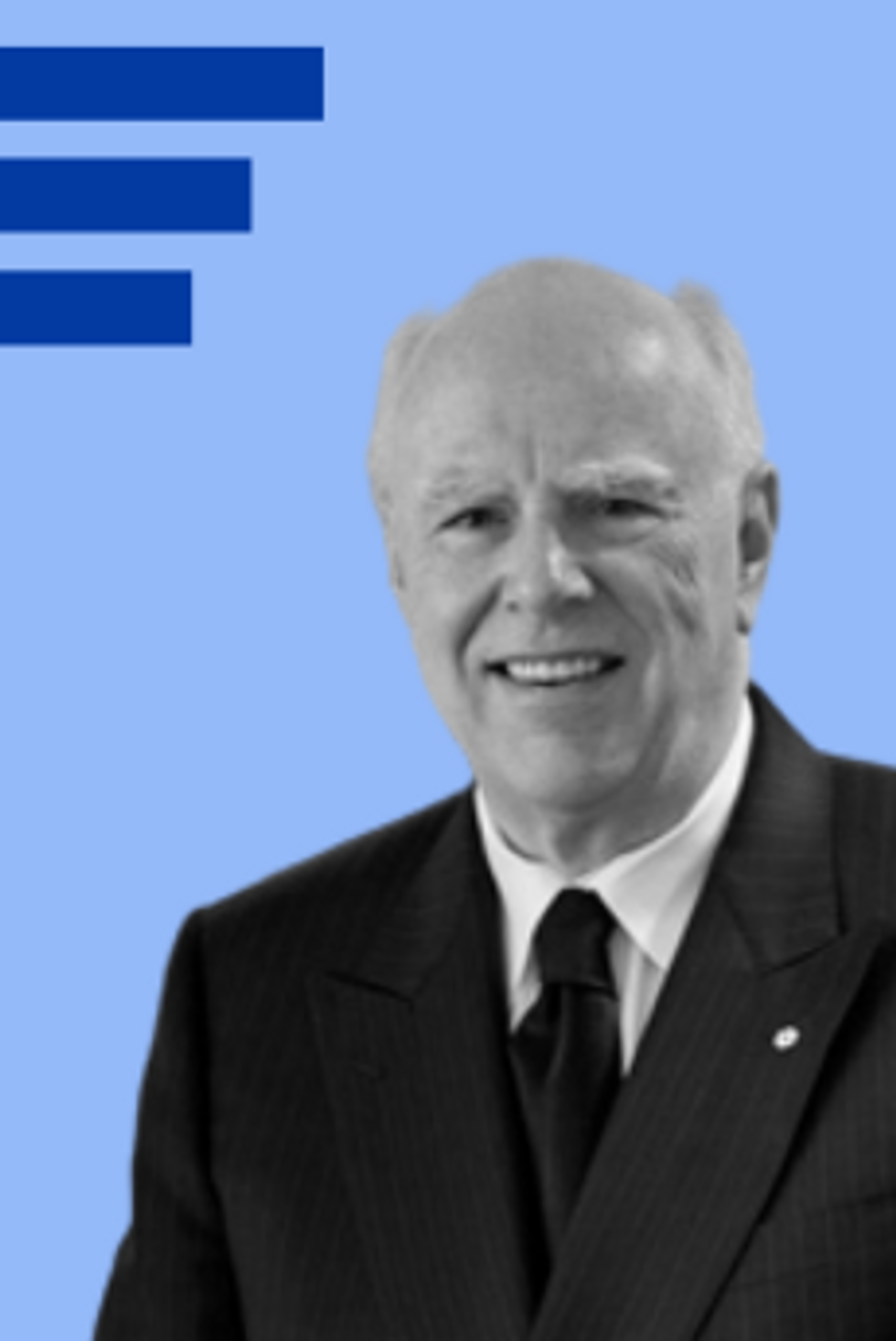
Chair, Polygon Homes
His museum alone is reason enough.
Audain is a major presence not only on the development scene, but the art scene. Polygon has long been a household name, having built thousands of low-rise buildings, townhomes, highrises, and master-planned communities throughout the region since 1980. That’s when Audain joined the firm, and he brought with him a background in social and co-op housing.
Audain has always given to art, but his crowning achievement is the Audain Art Museum in Whistler, which houses his prized collection in one of BC’s most beautiful mass timber buildings. And then there’s his $100M donation the Vancouver Art Gallery, the biggest ever to a gallery in the country’s history. He’s gone from house-building empire to a name that is now synonymous with philanthropy.
Dennis Lopez | The New Player

CEO, QuadReal
The money behind two projects that will transform Vancouver.
Nobody had really heard of the real estate company called QuadReal until its name started popping up on major property developments. Chief among them is The Post, a redevelopment of the Canada Post headquarters on Georgia Street that will see thousands of Amazon employees take over that downtown block in a year.
The private company sprang to life in 2016, formed by a BC pension fund manager that was looking to expand throughout Canada and the world. CEO Dennis Lopez oversees $67B in real estate assets that QuadReal Property Group holds as an investor and developer, based in Vancouver.
One of those assets is Oakridge Centre, which the company purchased from Ivanhoé Cambridge. They’ve partnered with Westbank to redevelop the 28.5-acre site into a massive transit-oriented mixed-use development for around 2,600 homes, with a total floor area of around five million sq. ft. They are on a tear, and they’re not finished yet.
Starlight Investments | The Landlord

Institutional investment
Institutional investors are taking over in a big way.
They are a polarizing presence, the deep-pocketed institutional investor. Some argue that the cost of building rental housing is so high that nothing significant will get built without them. Others blame them for the financialization of housing.
As one of the country’s biggest rental businesses, Starlight made headlines in the last couple of years as the company moved further into the Vancouver region and Victoria, too, snapping up large apartment buildings and beating out the competition. In the complex equation that is rental housing in BC, whether you think Starlight is part of the problem or part of the solution, it’s clear that this company will be critical to finding the answer to the province’s rental housing question.
James Cheng | The Architect

Architect, Order of Canada recipient
He's largely responsible for the city of glass.
All those photos you see of glass towers throughout Vancouver’s downtown peninsula? That’s largely the work of one man, architect James Cheng, who designed dozens of them - abreast like soldiers on the skyline, throughout False Creek North and Coal Harbour - including one that looms above all others, the 62-storey Shangri-La.
Cheng’s preference for rectangular shapes and blue and grey shades of glass has come to define the city’s overall look. It’s a form that’s decidedly low-key and chill, perhaps even standoffish—and, as the more cynical might say, a reflection of the city itself.
Squamish Nation | The Outlier
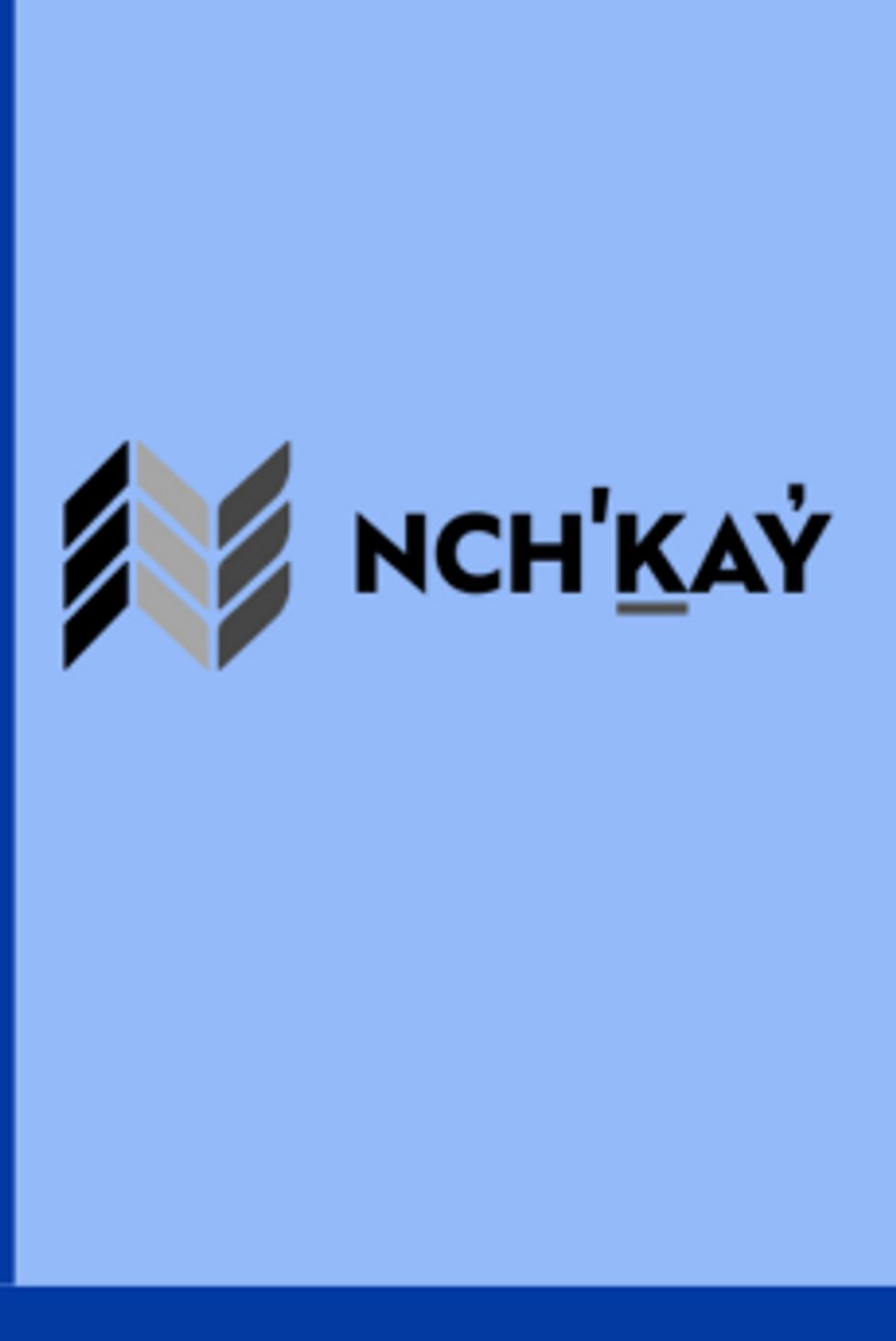
First Nation developer
Building the largest development undertaken by a First Nation.
The Squamish Nation’s Sen̓áḵw development, at the heart of Vancouver, is what density would look like if developers were given free rein. It is touted as the largest First Nations economic project in Canadian history, and their plan is to build 11 towers on a four-acre site that is tucked up against the Burrard Street Bridge, in partnership with major developer Westbank.
The site, located on reclaimed reserve land, is scheduled to deliver more than 6,000 homes. It is also the envy of every developer in town because, as reserve land, it can be built without undergoing a lengthy approvals process. To that end, plans call for 11 towers of mostly rental units, at heights up to 59 storeys.
The development will provide an estimated $10 billion in earnings for the First Nation, based on a 110-year life cycle scenario for the buildings.
Grace Kwok | The Connector

Presale marketer
She helped put Vancouver on the map for international buyers.
The first mention of a presale in Canada is an article from 1968, in the Vancouver Province, according to a Newspapers.com database search. That’s not to take away from Grace Kwok’s or Bob Rennie’s positions among the first realtors to usher in Vancouver’s presale condo market in the 1980s, and the housing typology that pretty much extinguished the city’s rental apartment industry for several decades.
They might not have invented the presale, but they played a huge role in forever changing the marketing of real estate. The story goes that Kwok started by marketing an Andre Molnar development to Asian buyers in 1983, selling it out before completion.
Throughout the 80s and 90s, the co-founder of Anson Realty directly marketed a large share of Vancouver condos to Asian buyers and helped other developers sell out their projects before completion. The upfront financing pleased the banks, the developers could build with less risk, and the buyers could get better deals. Kwok set in motion a pattern that still dominates the 2022 market.
Mike Hurley | The Mayor
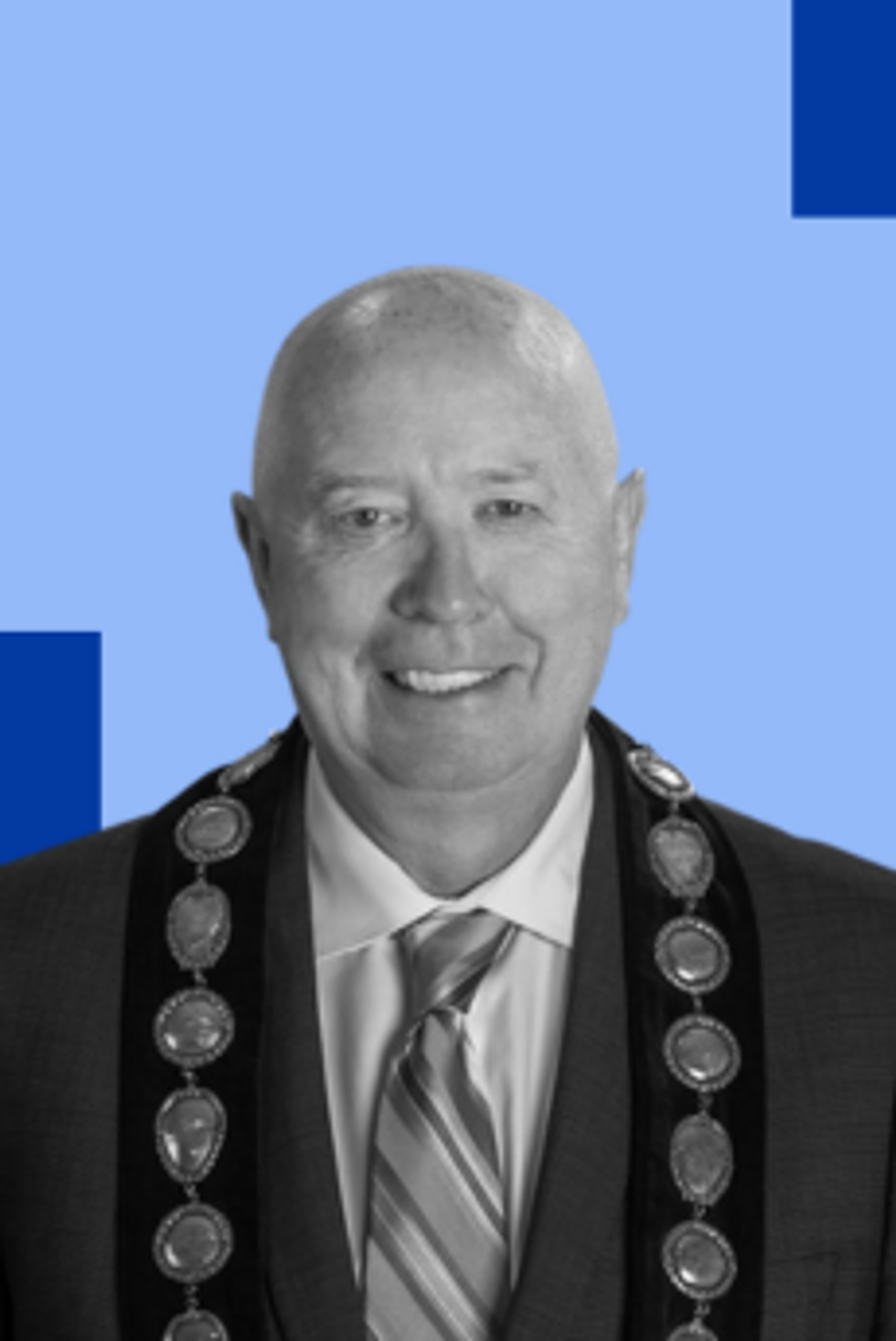
Mayor of Burnaby, former firefighter
He's leading the way in new construction.
The former firefighter inherited a mess when he took over as the mayor of Burnaby, the sprawling municipality next door to Vancouver. That mess was Metrotown, a rezoning fiasco that saw hundreds of low-income renters turfed from their apartment buildings by condo developers. Located near rapid transit, the apartments had served as highly livable and affordable housing for a large number of service workers and people new to the region.
In just two years, Hurley oversaw a series of measures that included a mandatory 20% below-market rental within all new developments, the opening of homeless shelters that did not previously exist, and a tenant relocation policy to help displaced renters return to new units at the same rent.
And for better or worse, Hurley set records on new construction, transforming the Burnaby skyline into something out of Gotham.
False Creek South | The Community

Residents of a 1970s community fighting for their homes
They represent the Vancouver conundrum.
Not long after modular housing experiment Habitat 67 blew some hippie minds, Vancouver’s municipal, provincial and federal forces aligned to develop former industrial land on False Creek South. They planned an entirely new seaside community that would be affordable to low and modest incomes, to seniors and handicapped people, at below-market rents and subsidized co-op housing.
At the time, it was considered dense enough, filled with rowhouses and low-rise apartment buildings, separated by meandering pathways and courtyards. It was steps to the seawall and car- free, making it safe for children. But it’s on city-owned land, and the leases for the co-ops are coming due.
The groupings of complexes are now considered relatively low density compared to the gleaming skyscrapers across the water. Today’s Vancouver is about real estate, not housing, and so the city has come up with a plan to add tower-form density that will very likely mean rebuilding, and displacing, the globally celebrated community.
But this is a community so tight knit that many have been subsidizing the rents to help their neighbours, out of their own pockets. They’re not about to go down without a fight.
Ryan Beedie | The Mogul

President of the Beedie Development Group
Industrial exploded this past year.
Beedie is the biggest industrial real estate player in western Canada, which just happened to be the hottest property market throughout the pandemic (largely due to the fact real estate is limited and at a premium). And while e-commerce, in particular, fuelled demand for pandemic warehouse space and distribution, Beedie has gone way beyond the industrial file.
In his 20-plus years as president, he’s grown the family company into a behemoth since he took over for his dad Keith, including the launch of Beedie Living, the residential arm, and Beedie Capital, which has business ventures throughout North America.He’s a networker among politicians and a keen philanthropist, too, having donated around $100M over the years. He famously gifted $22M to Simon Fraser University to create the Beedie School of Business. In more recent years he launched a foundation for his 50th birthday, with a $50M donation toward educating young people.
Faith Wilson | The Luxury Seller
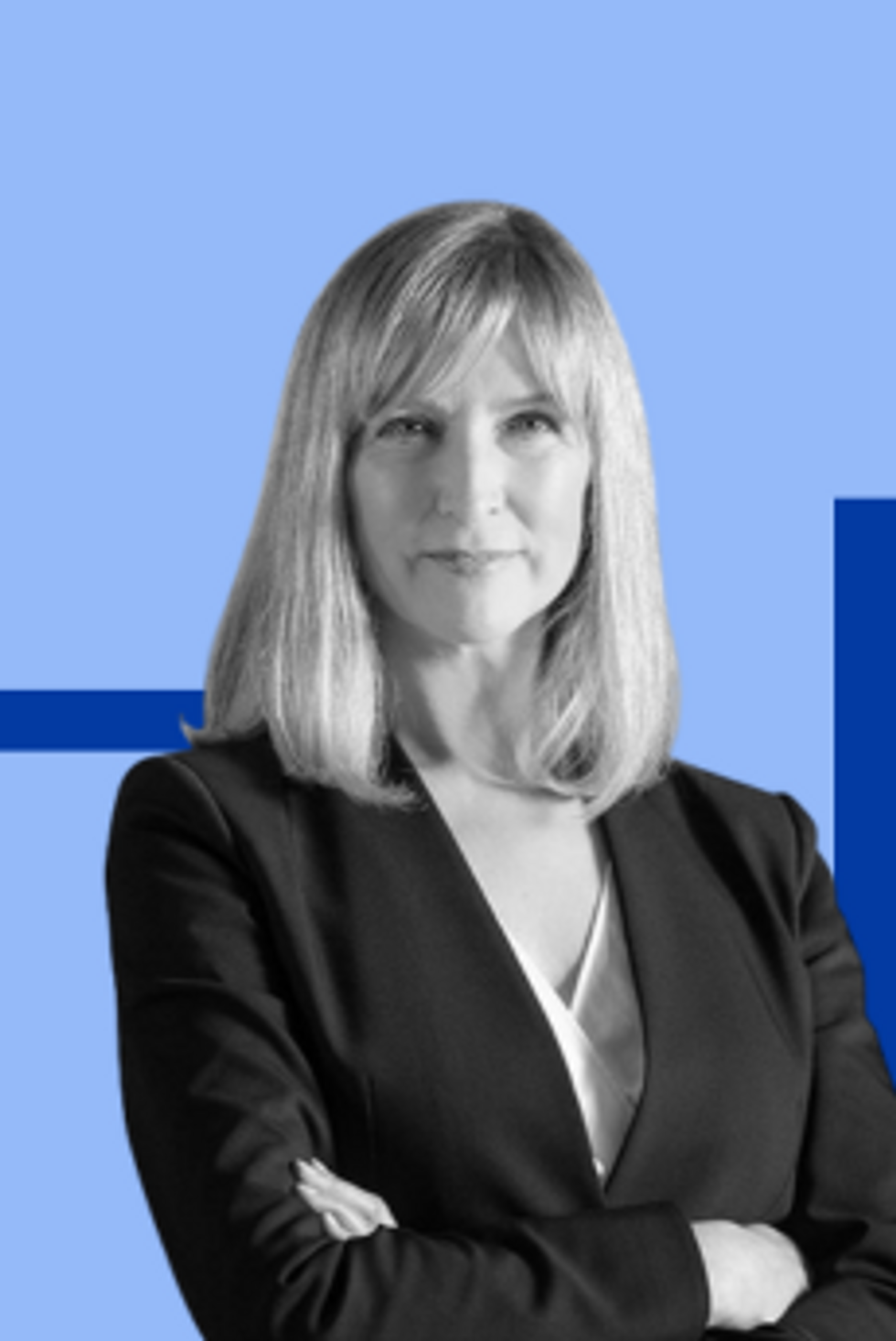
Residential Realtor
She sells BC's most exclusive real estate.
Faith Wilson is one of those realtor names that everyone in Vancouver knows. That’s because she’s been at it since 1993 and she has a reputation for selling ultra-exclusive listings, such as the $28.8M 340-acreage with a magnificent log house, rumoured to be owned by a certain A-list Hollywood celebrity and her producer husband – sold last year.
Wilson is a lifetime member of the Real Estate Board of Greater Vancouver’s Medallion Club, which means she’s been in the top 10% of realtors for at least 20 years. In 2018, she sold the most expensive home in BC. Five years ago, she linked her brand with Christie’s International Real Estate and is now expanding her operation into the booming Kelowna luxury market, where she’s opening an Manhattan loft-style office.
Leonard Kerkhoff & Randall Shier | Boomtown Builders

President, Kerkhoff Construction/President, Mission Group Homes
Building Kelowna's tallest towers.
Vancouver hogs all the attention where development is concerned, but developers of Kelowna’s nascent highrise residential community are thriving at the sidelines, in one of Canada’s fastest growing cities. The Okanagan city is, as one Vancouver developer put it, the most exciting market outside of Vancouver.
Kerkhoff, in partnership with Toronto based North American Development Group, has built Kelowna’s tallest building to date, a two-tower complex called One Water Street that is 29 and 36 storeys. In two months, they sold more than $100 million worth of real estate, Kerkhoff said in 2018. For Kelowna, it was a signal to the world that after years of bankruptcies and false starts, they were ready for business.
Mission Group partnered with Vancouver real estate investment company Nicola Wealth to build the master-planned mixed use Bernard Block, and downtown was officially booming. Mission’s president Randall Shier said Kelowna’s success is rooted in something that Vancouver doesn’t have: jobs and affordable housing.
Tiff Macklem | The Rate Maker

Governor of the Bank of Canada
Perhaps you've heard mention of rate hikes or inflation this year?
Not in a generation has Canada’s central bank been so clearly at the forefront of nearly every single monetary story and situation Canadians are facing.
A collective (and connected) three-headed monster has risen in the form of inflation, housing crisis, and recession – and at the head of all the decisions to fight that monster is Tiff Macklem (unless, that is, Pierre Poilievre has anything to say about it).
Since March, and the Bank’s first interest rate hike, ordinary homebuyers and sellers have become intimately familiar with the country’s 10th BoC Governor, whose decision making powers are impacting them to the tune of hundreds, if not thousands, of dollars more in potential monthly payments.
Whether we all end up in a collective sigh of relief when Macklem steps down, or he manages to deliver some relief before that point, we’ll have to wait and see. But if the final five years of his reign are as intense as the first two, expect the former.
Sam Cooper | The Reporter

Journalist and Author
He reveals the bleak path real estate has led us down.
It’s the dark side of Vancouver real estate, the inflow of dubious wealth over the last decade. Dogged journalist Sam Cooper’s book, Wilful Blindness, notes that in 2016, real estate was being traded like shares of stock and most of the buyers were hidden behind numbered companies and trusts, through shadow banking deals.
Worse, Canadian authorities weren’t tracing investor money. Bad actors had infiltrated the city, and the country, using tax-free capital gains to launder their profits. And it had become so embarrassingly awful that government had no choice but to intervene, even if it meant taking aim at the thing that fuelled economy for so long: real estate.
Cooper wasn’t the only journalist reporting on the topic, but his book gives us the definitive account of the role real estate played in an underhanded system in which so many benefitted for so long. Cooper will never be out of a job. The corruption will always lurk.
Gary Pooni | The Secret Weapon

President of the Pooni Group
He works quietly behind-the-scenes, pushing the process along.
Vancouver developers will tell you that not much happens in Metro Vancouver’s development community without Gary Pooni’s involvement. The low-profile development consultant is a familiar face at city halls throughout the region. He’s the guy who works his magic behind-the-scenes, never seeking media attention.
Pooni can get the most controversial project approved, rallying support from loud pro-supply types who are willing to come out in droves and tout a project’s merits. Some might even call him more of a lobbyist than consultant.
